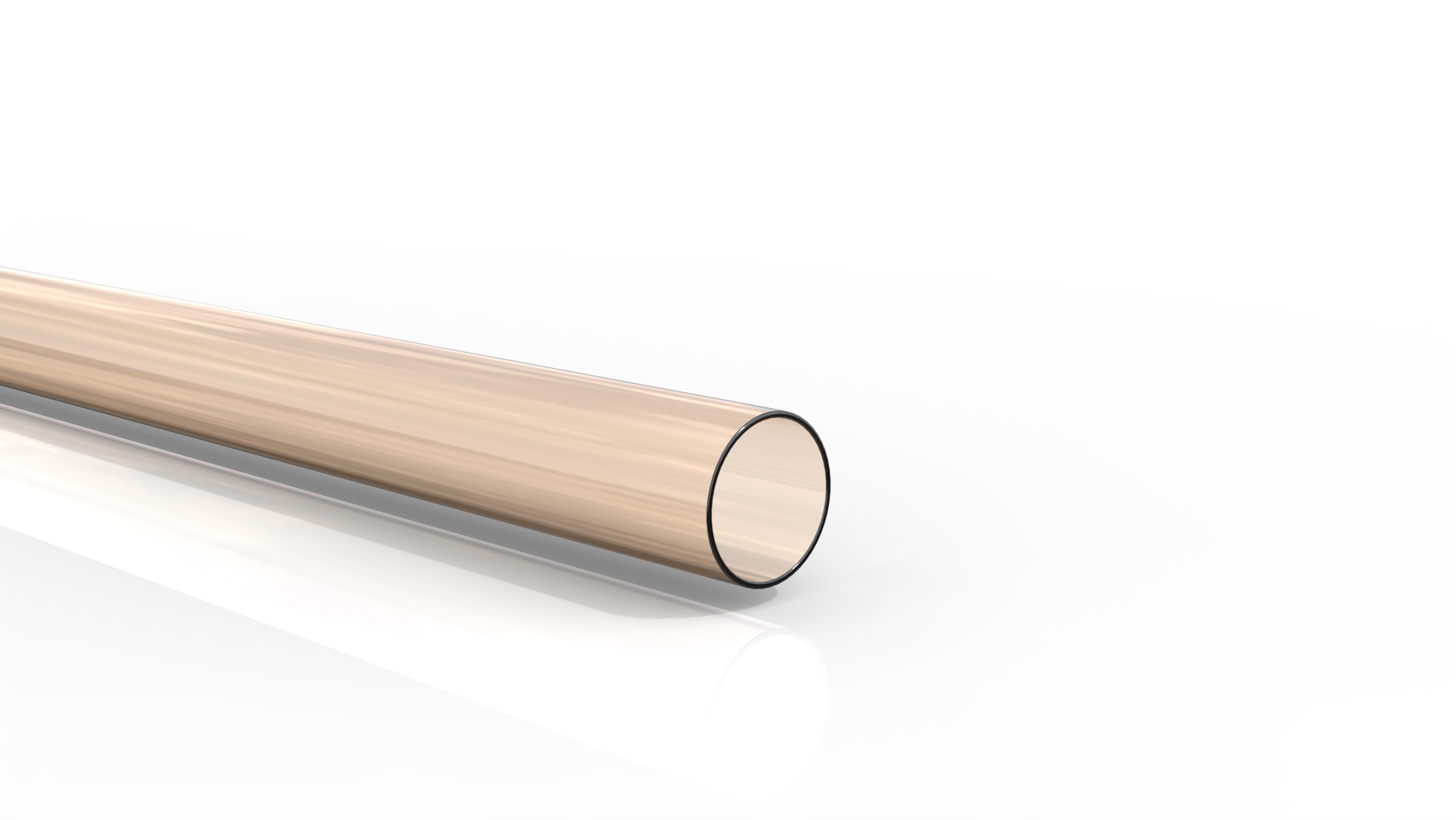
Polytetrafluoroethylene, commonly known as PTFE, is a high-performance synthetic polymer of tetrafluoroethylene. It is well-known for its remarkable chemical resistance, low friction coefficient, excellent non-stick properties, and high-temperature stability, making it exceptional for applications in medical catheters where these properties are sought after, especially in lining the inner lumen.
Requirements for the inner lumen of medical catheters:
i. Chemical Resistance:
PTFE is chemically inert and highly resistant to a wide range of biochemicals and biological pH conditions. It remains stable and does not react with most biological substances, such as blood, tissues and other bodily fluids, making it suitable for applications where exposure to aggressive biological environment is a concern.
ii. Sleek Properties:
PTFE exhibits exceptional non-stick properties, preventing biological materials from adhering to its surface. This is essential in preventing medical complications such as embolism.
iii. Low Friction Coefficient:
PTFE has an extremely low coefficient of friction, making it an effective material for reducing wear and friction in catheters’ inner lumen where instruments are passed . This property is valuable in applications such as guiding catheters where it is essential for good lubricity to ease guidewire deployment.
iv. Electrical Insulation:
PTFE is an excellent electrical insulator. It does not conduct electricity and has a high dielectric strength, making it valuable in insulating electrically charged instruments and preventing unintended discharges.
v. Biocompatibility:
PTFE is biocompatible, meaning it is generally well-tolerated by living tissues. This property makes it suitable for certain medical and pharmaceutical applications and an excellent choice for catheter inner lumen lining.
vi. UV Resistance:
PTFE is resistant to ultraviolet (UV) radiation, contributing to its durability and suitability for coating and sterilization processes.
vii. Flexibility and Durability:
PTFE is a flexible and durable material. It can withstand mechanical stress, pressure, and repeated flexing without significant degradation, making it suitable as a liner component for medical catheters.
viii. Machinability:
PTFE is machinable, allowing for the fabrication of custom liners tailored to specific applications.
At jMedCath, we are committed to provide custom PTFE liner solutions for all your medical catheter needs. With various proprietary processes to produce PTFE liners of different specifications and requirements, and our team of experts to provide technical support every step of the development, customers can be assured of high quality products delivered to them within an industrial-leading short lead time. Contact us to learn more.